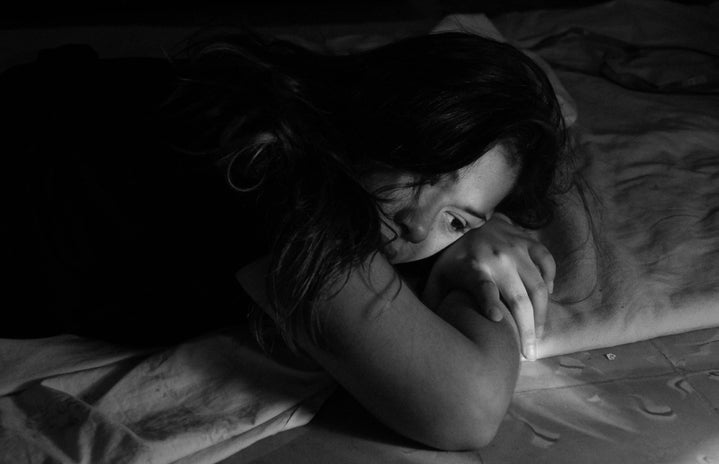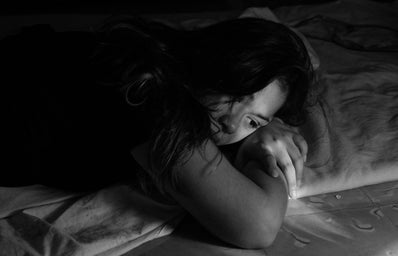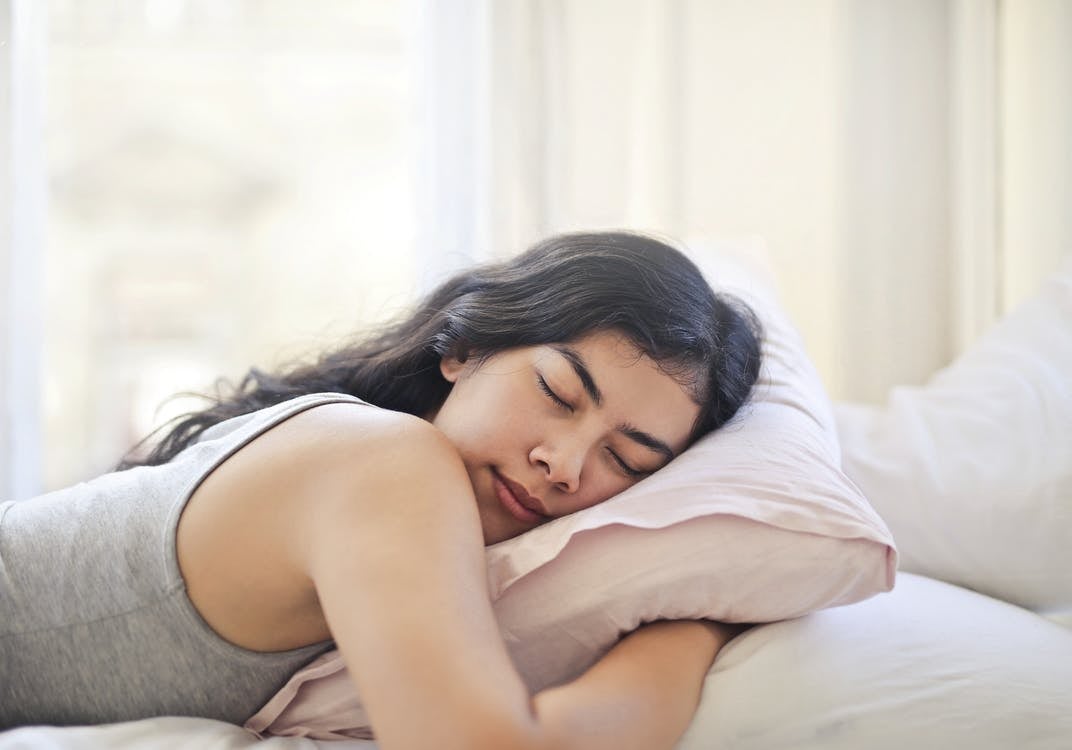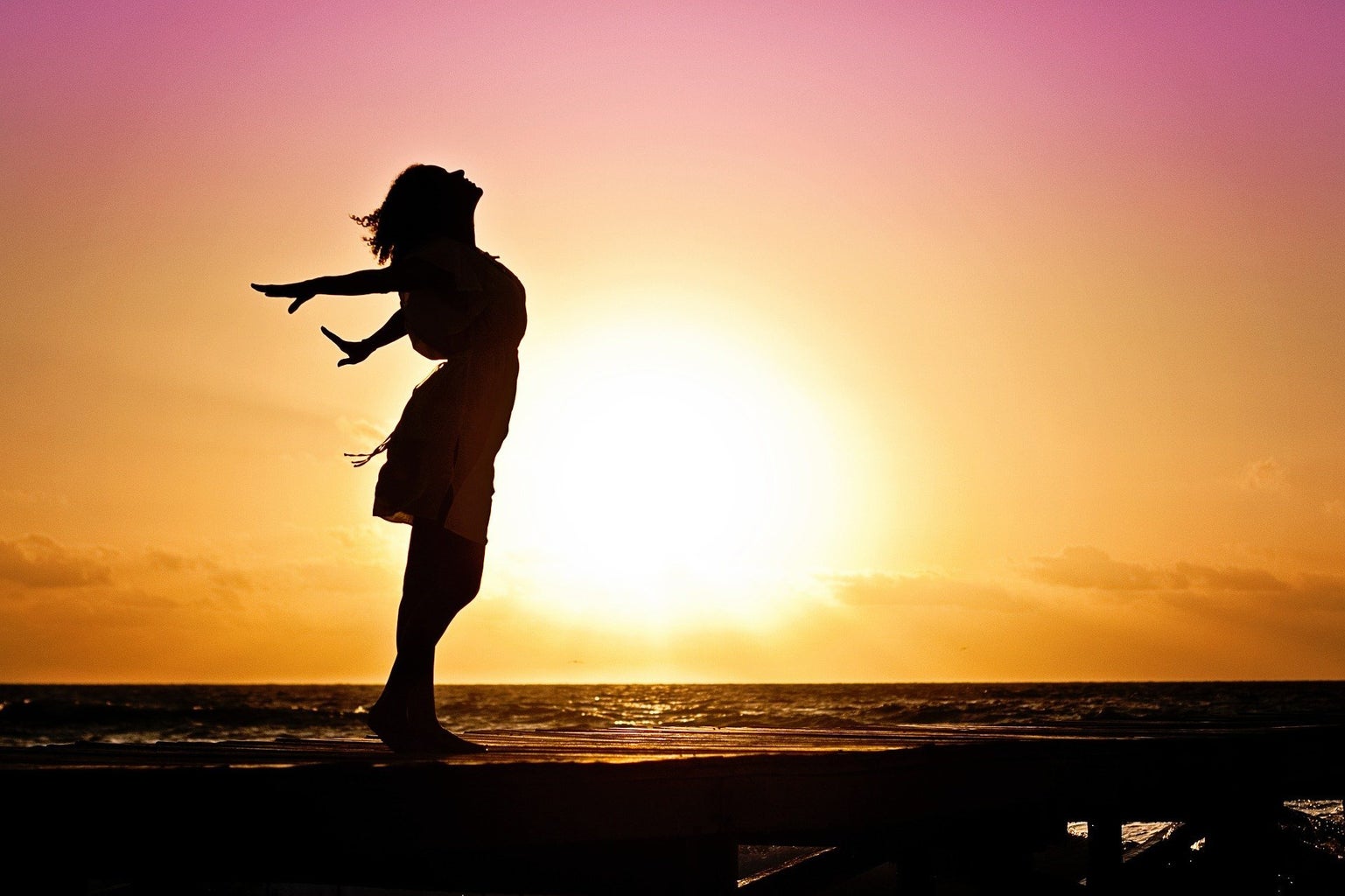It is that time of year when daylight savings comes to haunt us once again and mess everything up for our biological clocks. Every year I know that it is coming, yet every year it takes me by surprise. I get excited for the extra hour of sleep the night we fall forward, but then am always shocked when it is dark at five o’clock the next day despite knowing it is coming. And every year I am working on homework and suddenly see it is dark and think that I ‘forgot to eat dinner’ and it’s ‘so late’ and ‘I need to wrap up my homework’ and ‘I didn’t get enough done I can’t believe how late it is.’ Only to realize it’s only five and not nine or something. Not to mention the other side of this in the morning. Sure at first I am happy because it was getting dark in the morning and now it is lighter, but as we creep farther into winter the days get shorter and in the morning when I wake up it is dark again. This darkness when we wake up, darkness when we go home, and darkness before dinner is where we get into trouble with seasonal depression. We like our sunlight and for some of us, we get up before the sun, go to work or school before the sun, and get home after it and get next to no sunlight. This can lead to serious mental health issues that can make your winter miserable. Even if you do get to see the sun some just having shorter days can really mess with you. Through this article, I want to help you get through this tough time and make the best of this winter so you can live your happiest and healthiest life.
What is Seasonal Depression? What are the symptoms?
Firstly what is seasonal depression? What we think of as seasonal depression is more scientifically known as Seasonal Affective Disorder (SAD) which is a sub-type of depression that causes one to experience symptoms of depression due to a change in the seasons. This most commonly applies to the transition into winter and during winter which goes away when it gets warmer, but it can still happen to some people during other seasons such as the transition into summer and during summer. Changes in seasons have many effects on the body and on us mentally and for some of us that means some pretty troubling mental health problems. Just as a disclaimer I do wanna make you aware that although you may experience symptoms of SAD you cannot get an official diagnosis according to the DMS-5 unless you experience five or more symptoms for more than two weeks. I also wanna just say that you should seek out a professional if you have extreme symptoms and concerns and please do not self-diagnose. Also, I am not a certified therapist just a social work and psychology student so everything I am saying in this article is advice I would give based on research and things I have learned through my time in University. Having said that many of us do experience many of these symptoms, even without an official diagnosis, as our biology does not mix well with the way our society is set up which can take a toll on our mental health.
So what are the symptoms of SAD? Well, they are pretty similar to just the symptoms of depression except they have a seasonal twist to them. These include a loss of pleasure or interest in things/feeling down, abnormal sleeping patterns (insomnia/too much sleep), change in weight or appetite, loss of energy, difficulty concentrating, feelings of guilt and worthlessness, etc. Some of the main ones we come across when looking at SAD specifically and especially during winter is cravings of carbs and comfort foods (especially when helped by the holiday season), sluggishness and loss of motivation (it’s so cold outside and that’s a good excuse to your brain), oversleeping (especially because there is less light in our days overall). Many of these symptoms can also lead us to slide further into depression as too much sleep can mess up our body’s natural clock, less time outside can be harmful for us mentally, and potential weight gain can cause one to feel bad about themselves. So how do we fight back against these? Once you fall into these it can be very hard to get out of them so the best practice is to set up habits before they come to prevent them or help you pull through them when they do come. However, if you do not get good habits set up beforehand it is still possible to fix it, you just may need some outside help. These habits include things like doing your best to eat well, getting some form of aerobic activity in for at least 30 minutes 3 or 4 times a week, keeping some form of social connection, getting good quality sleep (at least 8 hours), and taking Omega-3s as it increases serotonin activity. Now all of these can be very hard especially when you have a busy college life so just try your best to do as many as you can to the best you can and just meet it where you are at and don’t worry too much.
How does our society play into this?
The way that our society is set up is, unfortunately, not always the best thing for our mental health for many reasons, but one in particular is our exposure to sunlight. Back before humans got all industrialized and we lived in a hunter-gather kind of society we would wake up with the sun and go to bed with the sun as it was not safe to be walking around in the dark at that time— especially since we did not have electricity and had to rely solely on fire to be able to see which was not a great option. Our bodies, just like any other non-nocturnal creature, are supposed to be awake during sunlight hours and asleep during the darkness of night. As such our circadian rhythm is set up so that it likes to keep our body in sync with the environment around us including the rising and setting of the sun. When we wake up in the darkness we tend to feel groggy because our internal clock is not ready to wake up because there is not sunlight. That is why on the mornings you do wake up to the sun you may feel less groggy and more rested regardless of how much sleep you get when compared to waking up in the dark. This can also be true if you sleep in a room with blackout curtains. When you wake up and the room is dark you will have a harder time waking up, but if you leave the curtains open and wake up in a room full of sunlight it will be much easier to get out of bed and you will feel more energized and less groggy.
Something else that plays into this is your alarm. When you are abruptly interrupted by an alarm in your sleep cycle you will feel very groggy and unenergized, but when you wake up with your sleep cycle and slowly because of the sun shining on you, you will feel more energized. The less quality sleep you have the more likely you are to be angry, sad, on your way to depression, anxiety, etc. This is one of the reasons why people tend to start to struggle with their mental health this time of year because our current society forces us to get up before the sun and disrupt our sleep cycles. So how do we fix this? Well, one way that I am a big fan of is with a sunlight alarm clock. There are several types of these and if you just look up ‘sunrise alarm clock’ you should find one that works for you. The basic idea of these clocks is to stimulate the sunrise. It slowly lights up just as the sun would as it rises to trick your body into thinking it is being exposed to the sun rising signaling it to wake up. It also starts with soothing bird and morning sounds in nature that slowly get louder as well to simulate the world around you waking up. This alarm goes through this process typically in 30 minutes so it slowly and naturally wakes you up so you are not suddenly shocked awake. This is much less disruptive to your sleep cycle and helps you to feel less groggy, more energized, and hopefully be a stepping stone to help your mental health.
Other than just disrupting our internal clock and leading to less quality sleep, a reduction in sunlight can lead to a drop in serotonin which will lead to depression. Serotonin is a neurotransmitter in the brain that plays a big role in regulating mood, social drive, stress, and emotions. When there is high serotonin activity in the brain we are in a more positive mood. It also causes us to have less intense emotions and give us a feeling of calm so any negative emotions do not feel as bad with higher levels of serotonin activity. Also, higher levels reduce stress making it easier for you to complete tasks which will lead to a more positive mental state. It also plays a big role in your social drive. When you have low levels of serotonin, such as when you are sick, your body signals that you need to pull away from people to heal and not spread it to others. It signals this by turning down the serotonin activity in your brain. When you are depressed the same thing happens because your body thinks it needs to heal due to the lack of serotonin and causes you to pull away. Unfortunately, unlike when you are sick, this is the worst thing you can do to get over depression. When you have a drop in serotonin due to lack of sunlight it can start this whole process and lead you to feel the want to pull away from others, ultimately leading you down a path of depression. If you feel this coming on the best way to combat this is to just force yourself, the best you can, to socialize so you don’t feel isolated. If your struggling with this try confiding in a friend or family member to hold you accountable.
In the end, there are many reasons why you may be feeling the way you are feeling this winter, but just know that you are not alone. Setting good habits, getting the tools to help you, and keeping some sort of social circle, even just a club, are key to getting through this. I hope this article helped and is a tool that you can refer back to this winter! You got this!





